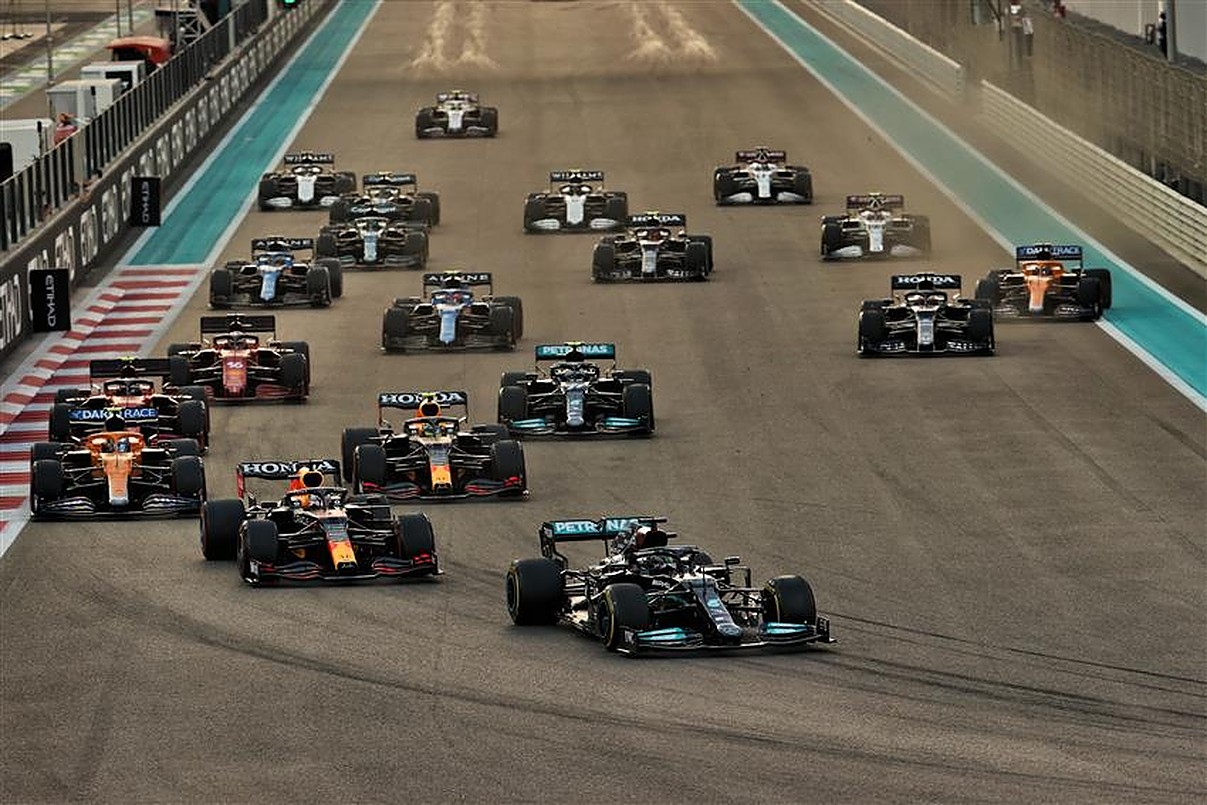The world of Formula 1 is often at the forefront of technology evolution. The cars and engineering required to put on spectacular races always push the boundaries and seek ways to innovate and develop.
Whether it is within the field of aerodynamics, mechanics or even driver fitness, there’s an expectation that each season brings evolution that sets standards across the industry and even perhaps impacts other sports.
Therefore, there’s little surprise to see Formula 1 embracing a wider technological development, namely NFTs. An NFT is a non-fungible token, which is essentially something you can buy that has no physical form. Backed by blockchain, it is a digital asset that is yours but has no physical manifestation.
Think of it as a digital certificate of authenticity for a digital asset. You can “own” a meme or piece of web code, even though it isn’t an actual thing.
Whilst it doesn’t sound very clear, they’re beginning to gain popularity worldwide. One of the news-grabbing examples was the artwork by Beeple, which sold for $69m (£50.9m) last March. However, they are impacting a more realistic level, particularly through fan tokens.
A fan token is something currently found primarily in football, and it offers supporters a chance to buy digital influence. A supporter can own a fan token for a few pounds, trade it if it increases in value, and take part in votes to affect certain club elements. This might be naming a training pitch or choosing a message for the club changing room.
NFTs are now penetrating Formula 1 in a big way. As Sebastian Vettel and Lance Stroll were preparing for Silverstone in 2021, their team were breaking boundaries off the track; they were capturing footage to be sold as an NFT.
Videos from the launch, their first laps and a slow-motion pitstop film were all sold to fans as NFTs. It came about as their team, Aston Martin, partnered with Crypto.com, a cryptocurrency trading platform.
“Like all teams, we’re always exploring the partnerships space,” said Rob Bloom, Aston Martin F1’s chief marketing officer. “But we’re trying to do things a little differently. This is about creating something that’s both relevant and desirable. These create an emotional connection and a sense of engagement. It’s not just about selling a piece of content as an NFT, but creating a piece of content that has an emotional and historical significance.”
READ: ‘What more incentive do you want?’ Hamilton urged not to retire
NFTs are not universally popular; there’s strong resistance from consumers in the video gaming industry, and the football world has questioned their value, but that won’t stop them from becoming commonplace.
One cryptocurrency project named Portion is set to join the grid as a sponsor in 2022 and auction Formula 1 NFTs as part of the deal, and that’s just a start. McLaren announced a partnership with Bitci.com which resulted in the creation of the McLaren Racing Collective and could eventually lead to the fan token model being adopted within their Formula 1 marketing strategy. For the moment, collectable cars and other digital assets seem to be the limit of their offering.
However, NFTs might be niche now, but many predict they’ll have a big future. Socios, the company behind football fan tokens, have recently announced an expansion into the US market.
That is a significant step towards cracking one of the world’s biggest sporting countries. That, coupled with Formula 1 embracing digital technology, means that NFTs are surely in our sport to stay.
Follow us on Google News to never miss an F1 story

